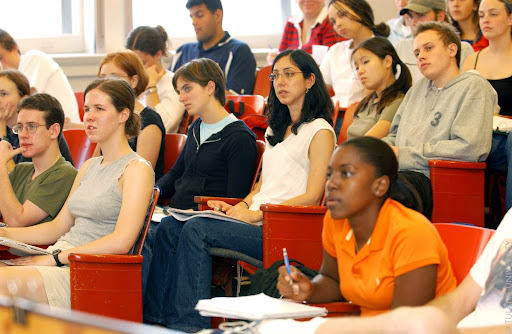Staff Editorial: Indigenous Peoples’ Day, the only holiday that should be celebrated on Oct. 11.
In the United States, two holidays are celebrated Oct. 11. One of those two is Columbus Day, which is one of 12 federal holidays created by Congress. This holiday celebrates Christopher Columbus landing in the Americas in 1492 and was created to acknowledge the contributions of Italian-Americans after their mistreatment. Indigenous Peoples’ Day, on the other hand, is a holiday that celebrates and honors indigenous people’s culture and history as the first occupants of what is now the United States, and recognizes the wrongs they have suffered.
Columbus Day has been celebrated in the United States ever since it became a federal holiday 53 years ago. However, Christopher Columbus, a controversial figure in history, hasn’t done anything that should be honored or celebrated. According to Indian Country Today, Columbus left a legacy of the enslavement, mutilation and killing of indigenous people. A 2015 Business Insider article, which cites a 1992 study published in the yearbook of Physical Anthropology, asserts that Columbus’s arrival in the Americas introduced or worsened diseases including smallpox, measles and 28 other diseases. In February 2019, a study published in the Quaternary Science Reviews journal confirmed that by the year 1600, more than 50 million indigenous people died.
Even with this information, Columbus Day is still a federal holiday. Meanwhile, Indigenous Peoples’ Day is a holiday that some states don’t even recognize. Out of 50 states, only 17 recognize the holiday with North Carolina among them.However, things are beginning to look up. On Oct. 8, President Biden issued a proclamation naming Oct.11 Indigenous Peoples’ Day. This makes him the first president to officially recognize the holiday.
What should colleges and universities do? Should they support the holiday, and if so, how? How else can they support indigenous communities?
Guilford College supports recognizing Indigenous Peoples’ Day over Columbus Day, and most recently showed its support with Greensboro’s “One City, One Book” event that happened on campus on Oct. 11. The event featured a guided discussion about Tommy Orange’s “There, There,” and the novel itself follows twelve characters from indigenous communities.
As a social justice newspaper, The Guilfordian encourages students and the entire Guilford community to look into the true history of Columbus and indigenous people of the Americas. As a campus and community, we need to inform others about the ugliness of Columbus’s offenses. Instead of recognizing Columbus Day, we need to celebrate Indigenous Peoples’ Day as an important holiday.






